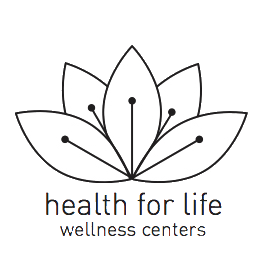Internal Medicine
Herbal Medicine
Chinese herbal medicine and acupuncture are complementary therapeutic modalities that have been used together the past 5,000 years for the treatment of a variety of medical conditions such as: colds, cough, flu, digestive disorders, acute or chronic pain, women's health, allergies, respiratory problems, fatigue and many other conditions. A Doctor of Oriental Medicine is properly trained to recognize drug-herb interactions and can help individuals make informed decisions as to which herbal formulas will compliment their prescription drugs.
Although often referred to as "Chinese Herbal Formulas" the herbal ingredients in these formulas don't necessarily come from China or Asia; medicinal herbs are harvested all throughout the world. Our herbal pharmacy is stocked with herbal extracts from manufacturers that are GMP certified.
Homeopathy
Homeopathy is based on the principal that "Like Cures Like". As an example, imagine yourself chopping onions. Soon your eyes will itch, start to tear, your nose may run and you might sneeze. These symptoms are the same as someone who suffers with allergies. Therefore, according to homeopathic prescribing principals, a person with allergies could get better by taking a remedy from the onion family that was prepared according to the Homeopathic Pharmacopoeia of the United States.
Homeopathic remedies are safe; they will either help or do nothing making them the ideal choice to treat babies, children, non verbal individuals and even pets.
Supplements
WASHINGTON, D.C., June 20, 2002 – Two Harvard researchers, Robert H. Fletcher, M.D., M.Sc., and Kathleen M. Fairfield, M.D., Dr.P.H., of Harvard Medical School and the Harvard School of Public Health, have joined a growing list of scientific experts who recognize the benefits of vitamins by stating in the June 2002 issue of JAMA that “we recommend that all adults take one multivitamin daily.” The researchers reviewed more than 30 years of English-language articles about vitamins in relation to chronic diseases and published their findings in two companion articles.
“There is no question that the amount of scientific evidence in favor of consistent use of vitamins, particularly multivitamins, is formidable and must be taken seriously, both by the medical community and by those who create public policy. Most people do not get an optimal amount of nutrients by diet alone. Supplements are a convenient and affordable way to bridge the nutrition gap.”
Every company claims that their supplements are the best however, if you are not absorbing them, they are not the best for you. Prior to starting to take supplements, you should measure your anti-oxidant levels to determine your baseline and re-measure 60 days later to see if there is positive change. If your don't take supplements, the results will tell you if you are getting all the anti-oxidant protection your need from your diet.



